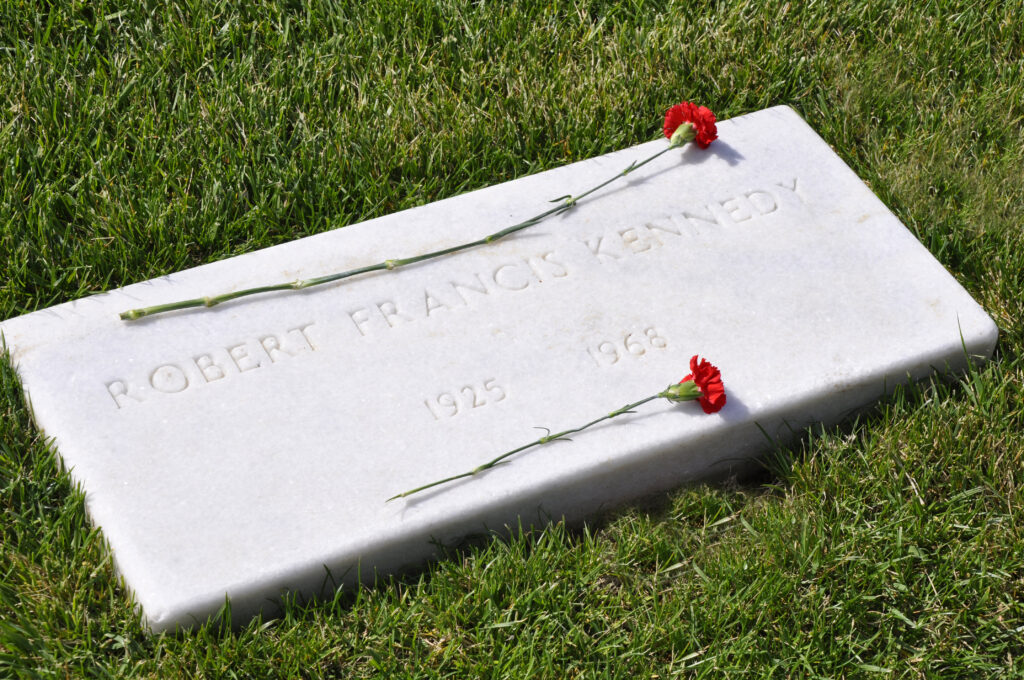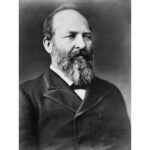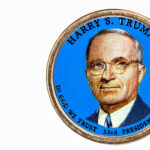In the tumultuous landscape of the 1960s, the tragic assassination of Senator Robert F. Kennedy stands as a poignant symbol of lost hope. Running as a Democratic candidate in the 1968 presidential election, RFK brought a message of unity and social progress that deeply resonated with a nation strained by the Vietnam War and Civil Rights Movement.
June 5, 1968, marked a watershed moment in American history. After claiming victory in the California Democratic primary, Kennedy was addressing his supporters at the Ambassador Hotel in Los Angeles when the unthinkable occurred. He was shot by Sirhan Sirhan, a 24-year-old Palestinian immigrant, in the hotel’s kitchen pantry.
The assassination, coming just five years after his brother, President John F. Kennedy, was similarly slain, sent shockwaves across the nation and the world. Sirhan Sirhan was immediately apprehended and later sentenced to life in prison.
The motivation behind Sirhan’s act was ostensibly political. Sirhan was reportedly angered by RFK’s pro-Israel stance, specifically his support for the sale of fighter jets to Israel. The tragic event further deepened the political and social divisions in the U.S.
Robert F. Kennedy’s assassination remains a pivotal event, marking the end of a promising campaign that held the potential to change America’s trajectory during one of its most tumultuous periods. The story of RFK and his untimely death continues to hold relevance as a stark reminder of the impact of political violence and the fragility of democratic societies.
References:
https://www.britannica.com/biography/Sirhan-Bishara-Sirhan
https://www.history.com/this-day-in-history/bobby-kennedy-is-assassinated




